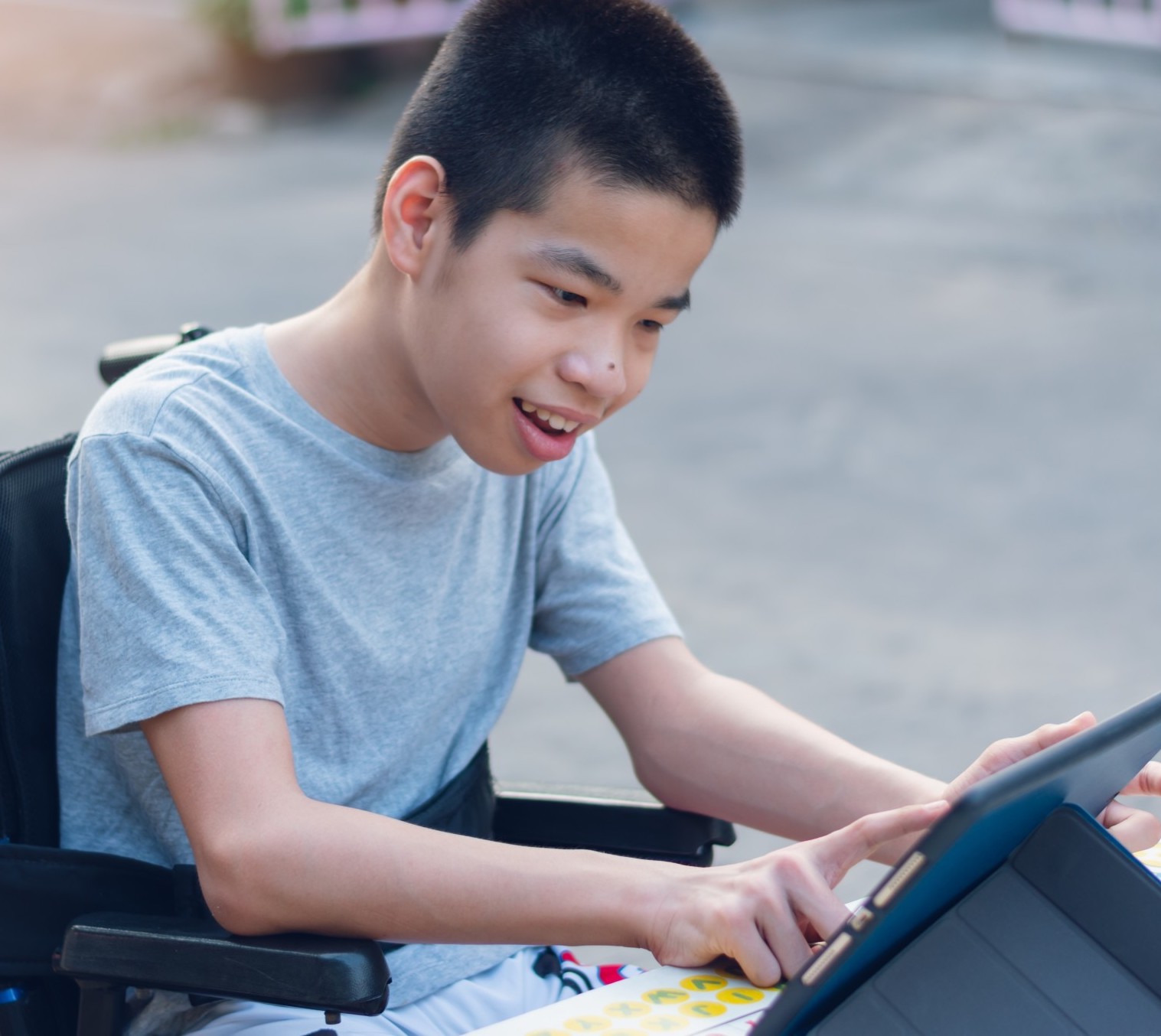 For students with disabilities, the pandemic has been a landscape of extremes. Some have thrived with distance learning and want to continue in the fall, while many have languished without the in-person support of therapists and teachers and have lost ground academically, socially and emotionally.
For students with disabilities, the pandemic has been a landscape of extremes. Some have thrived with distance learning and want to continue in the fall, while many have languished without the in-person support of therapists and teachers and have lost ground academically, socially and emotionally.
But staffing shortages, a lack of data and a backlog of evaluations mean it could be months before schools get a clear picture of students’ needs.
“Students with disabilities are not a monolith. Each student is an individual. And right now, we don’t know exactly what the impact has been,” said Meghan Whittaker, policy director for the National Center for Learning Disabilities. “We need data, assessments, guidance and accountability.”
Since campuses closed in March 2020, distance learning has been a challenge for many students enrolled in special education. Those who received services like occupational or physical therapy — which are almost impossible to deliver virtually — fell behind. Some students suffered from the disruption to routines, behavioral therapy and socialization.
But some students saw their grades improve and enjoyed school more due to the lack of distractions and social pressure, the flexibility to meet with private tutors and learn at their own pace, and access to useful technology.
An informal survey in late April by Decoding Dyslexia California, which advocates for students with dyslexia, found that 28% of parents think their child had a positive experience during distance learning. Just over half said their students had a negative experience. The rest said it was too early to tell.
Students with disabilities who do return to the classroom this fall might encounter another problem: a dearth of teachers. Some districts have seen large numbers of teachers quit or retire over the past year, and a shortage of substitutes has left administrators scrambling to fill vacancies. A shortage of special education teachers before the pandemic is now much worse, administrators said.
“The burnout is real. Teachers have been working long hours, with extra stress … their personal and professional lives have been upended by the pandemic. They’ve been heroes throughout this, and it’s been very hard,” said Amy Andersen, director of personnel services for the El Dorado County Office of Education, who with her colleagues co-wrote a commentary for Policy Analysis for California Education on the challenges of reopening schools for students in special education.
Ultimately, it’s too early to know the full impact of campus closures on students with disabilities, said Whittaker of the National Center for Learning Disabilities. Until schools have done assessments and reported the data, any assumptions are purely speculative, she said.
“Unfortunately, no one has been able to actually study or measure this on a large scale,” Whittaker said. “Every district has different ways of measuring student progress and nothing, so far, is public. Statewide assessments could be a good indicator of how students with disabilities (as a whole) are doing on grade-level standards compared to their peers, but I don’t suspect we’ll be seeing those administered fully this year, particularly where the majority of students are still learning virtually, or in a way that gives us enough good and valid data for students with disabilities.”
Excerpted from “What Happens When California Students in Special Education Return to the Classroom?” in EdSource. Read the full article online.
Source: EdSource | What Happens When California Students in Special Education Return to the Classroom?, https://edsource.org/2021/what-happens-when-california-students-in-special-education-return-to-the-classroom/654309 | copyright 2021 EdSource
If you have concerns about your child, CHC Care Managers can arrange a free 30-minute consultation so you can explore options with an expert. We invite you to call or email our Care Managers at 650.688.3625 or careteam@stage.chconline.org to set up an initial Parent Consultation appointment. CHC teletherapy services are available now.




